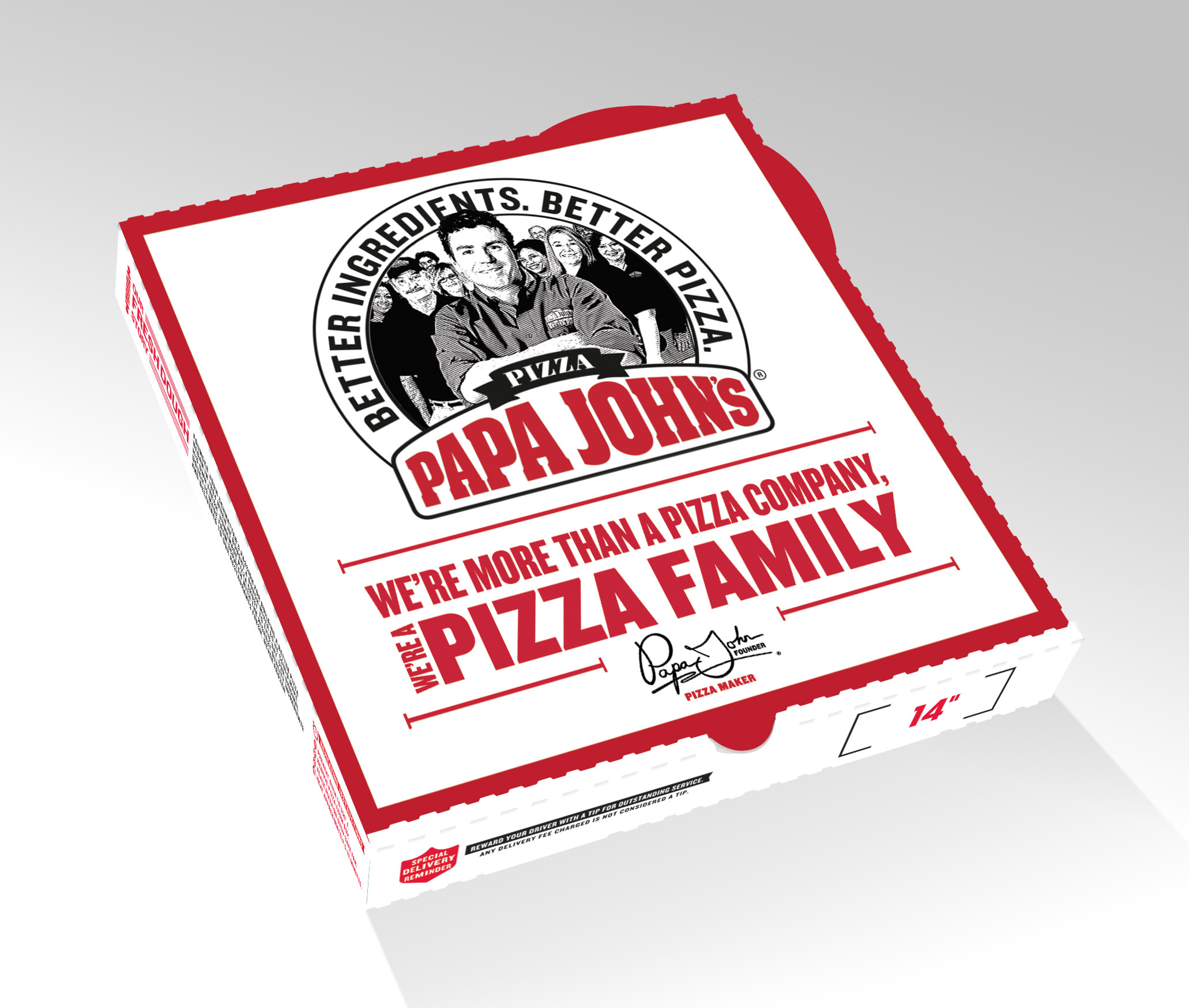Papa John's Founder Resigns
/Papa John's founder and chairman John Schnatter resigned after using the "N-word" on a conference call. This may have been the last straw for the executive, who sparked controversy about NFL players "taking a knee" during the national anthem. Schnatter blamed league players and leadership for declining viewership he linked to declining pizza sales. Muddying the issue, Schnatter won unwanted support from some neo-Nazis.
This incident involved Laundry Service, a marketing firm that was helping Schnatter navigate future PR crises. During a role play, Schnatter said, “Colonel Sanders called blacks n-----s." His point was that the KFC chairman didn't face any backlash. A Forbes article details more of the conversation:
"Schnatter also reflected on his early life in Indiana, where, he said, people used to drag African-Americans from trucks until they died. He apparently intended for the remarks to convey his antipathy to racism, but multiple individuals on the call found them to be offensive, a source familiar with the matter said. After learning about the incident, Laundry Service owner Casey Wasserman moved to terminate the company’s contract with Papa John’s."
In a statement, Schnatter apologized:
"News reports attributing the use of inappropriate and hurtful language to me during a media training session regarding race are true. Regardless of the context, I apologize. Simply stated, racism has no place in our society."
Discussion:
- A Netflix executive resigned after a similar situation. What differences do you see in these two situations, and do they matter in terms of the resulting resignations?
- Papa John's next challenge is how to distance itself from Schnatter, whose face is on the pizza boxes. Should the image be removed? Why or why not?


















